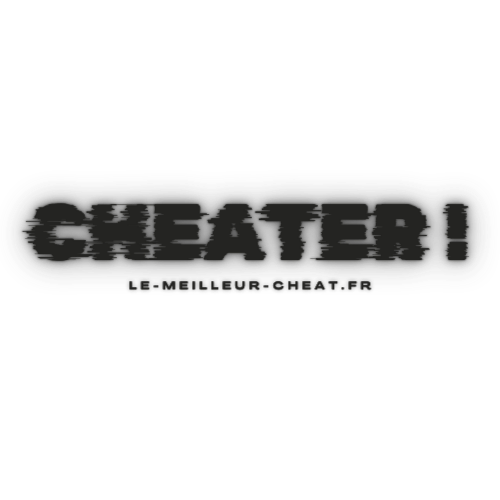 Understanding the Legal Landscape of Cheating in Online Gaming
Understanding the Legal Landscape of Cheating in Online Gaming
 Understanding the Legal Landscape of Cheating in Online Gaming
Understanding the Legal Landscape of Cheating in Online Gaming
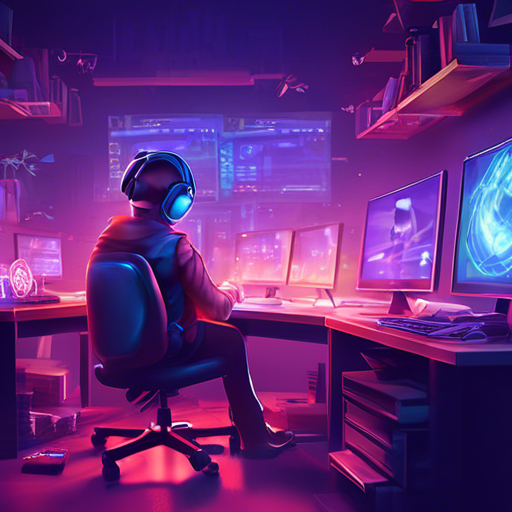 Navigating Copyright Laws: How Cheats and Hacks Impact Game Developers
Navigating Copyright Laws: How Cheats and Hacks Impact Game Developers
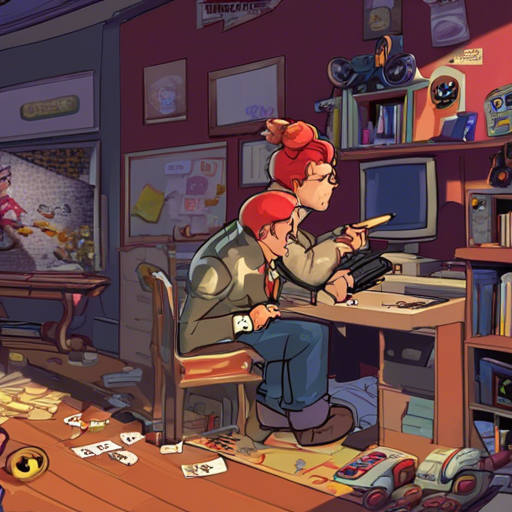 The Fine Line: Exploring the Legality of Using Cheats in Video Games
The Fine Line: Exploring the Legality of Using Cheats in Video Games
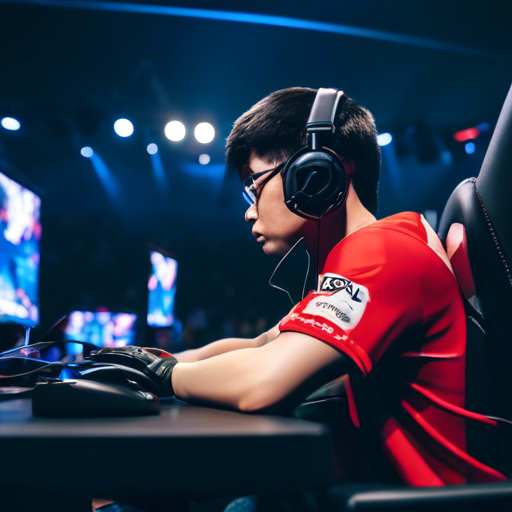 Cheating in Esports: Legal Ramifications and Consequences
Cheating in Esports: Legal Ramifications and Consequences
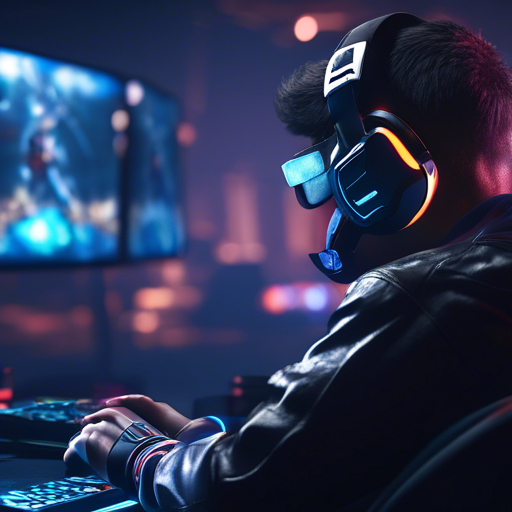 Unveiling the Legal Risks of Using Cheats in Competitive Gaming
Unveiling the Legal Risks of Using Cheats in Competitive Gaming
Legal Implications
Welcome to our comprehensive guide on the legal implications surrounding cheats, hacks, and mods in the gaming industry. As experts in the field, we aim to provide you with valuable insights into the legal aspects of using these tools in various gaming platforms. Understanding the legal framework is crucial for gamers and developers alike to navigate this complex landscape.
Regulatory Framework
The use of cheats, hacks, and mods in video games raises several legal issues that fall under intellectual property, contract law, and even criminal law in some cases. It is essential to understand the regulatory framework governing these activities to avoid potential legal consequences. Here are some key points to consider:
- Intellectual Property Rights: Game developers hold intellectual property rights over their games, including the code and assets. Modifying the game through cheats or hacks can infringe on these rights.
- End User License Agreements (EULAs): Most games come with EULAs that outline the terms of use. Using cheats or hacks may violate these agreements, leading to legal action by the developers.
- Digital Millennium Copyright Act (DMCA): The DMCA prohibits the circumvention of technological measures used to protect copyrighted works, which can apply to cheating tools that bypass game security.
By familiarizing yourself with these legal principles, you can make informed decisions regarding the use of cheats and mods in gaming.
Developer Policies
Game developers often have specific policies regarding cheats, hacks, and mods to maintain fair play and protect their intellectual property. These policies can vary widely among companies, with some taking a strict stance against any form of cheating, while others allow certain modifications under specific conditions. It is crucial for gamers to be aware of these policies to avoid potential legal disputes.
- Anti-Cheat Software: Many developers employ anti-cheat software to detect and prevent cheating in their games. Circumventing these measures can result in bans and legal action.
- Modding Communities: Some developers support modding communities and provide tools to create custom content. However, using mods that alter gameplay in online multiplayer modes may still violate the terms of service.
Understanding and respecting developer policies is essential for maintaining a positive gaming experience and avoiding legal repercussions.
Enforcement Actions
In recent years, there has been a rise in enforcement actions against individuals and companies involved in creating and distributing cheating tools for video games. Game developers are increasingly taking legal action to protect their games and communities from cheaters. Here are some notable enforcement actions:
- Lawsuits: Developers have filed lawsuits against cheat makers for copyright infringement, DMCA violations, and other legal claims.
- Cease and Desist Letters: Developers often send cease and desist letters to cheat developers and distributors, demanding the immediate cessation of their activities.
- Bans and Penalties: In-game bans and penalties are common enforcement measures taken by developers to deter cheating and maintain fair gameplay.
These enforcement actions send a clear message that cheating in games can have serious legal consequences, emphasizing the importance of compliance with the law.
Our Opinion
As experts in the gaming industry, we believe that respecting the intellectual property rights of game developers and adhering to their policies is crucial for the sustainability of the gaming ecosystem. While cheats and mods can enhance gameplay for some individuals, they should be used responsibly and within the boundaries of the law and developer guidelines.
By staying informed about the legal implications of cheats, hacks, and mods, gamers can enjoy their favorite games while contributing to a fair and competitive gaming environment.
